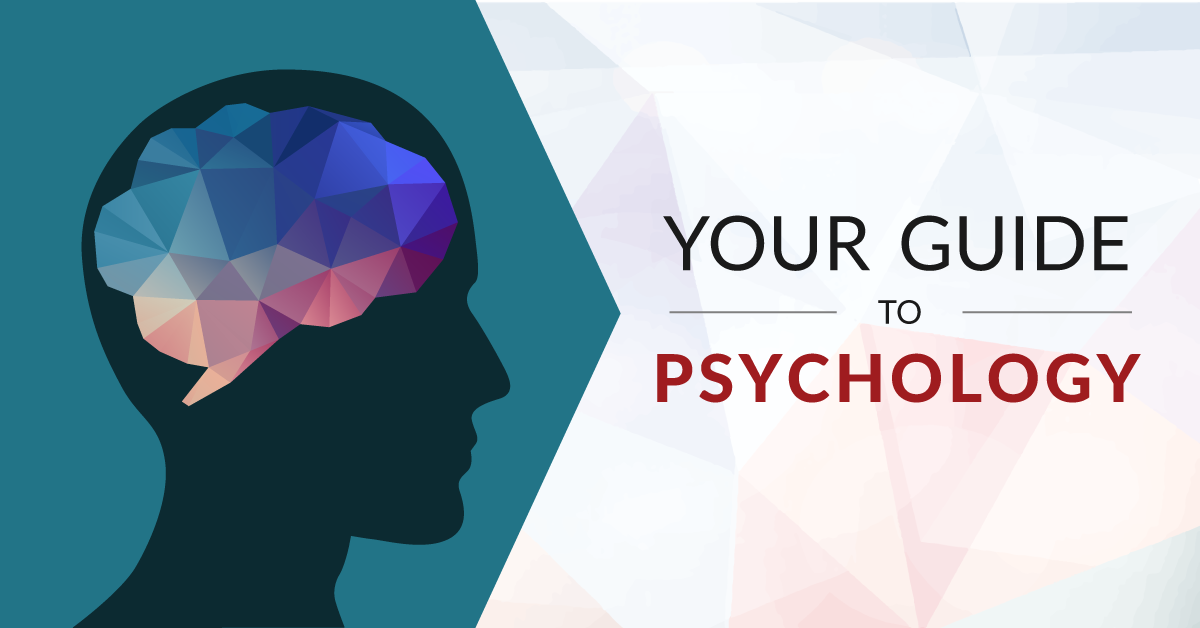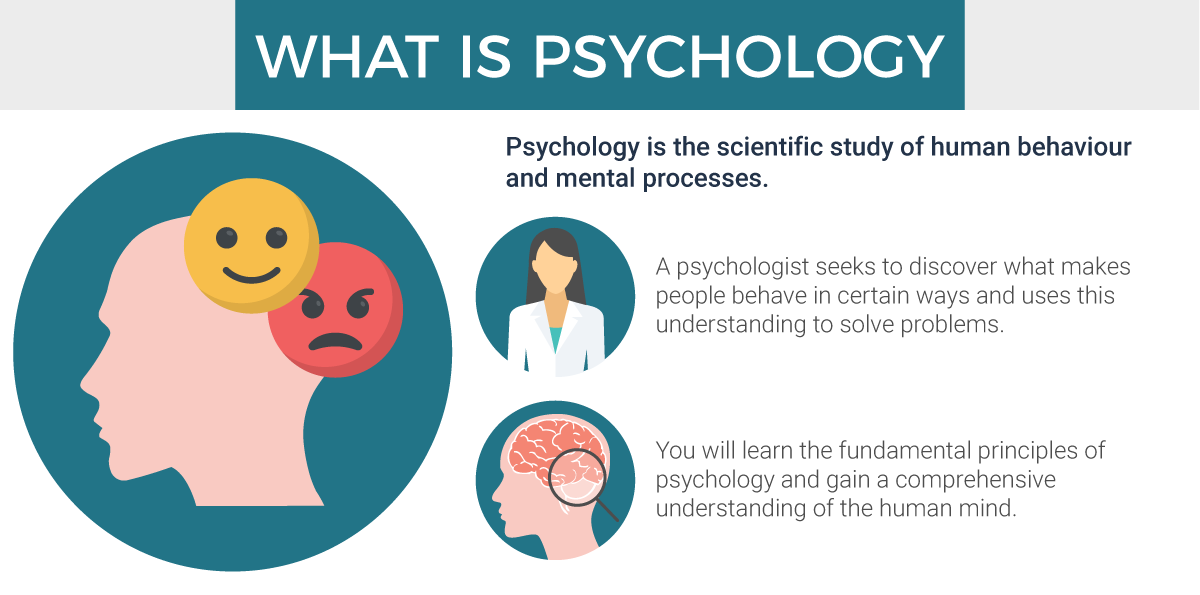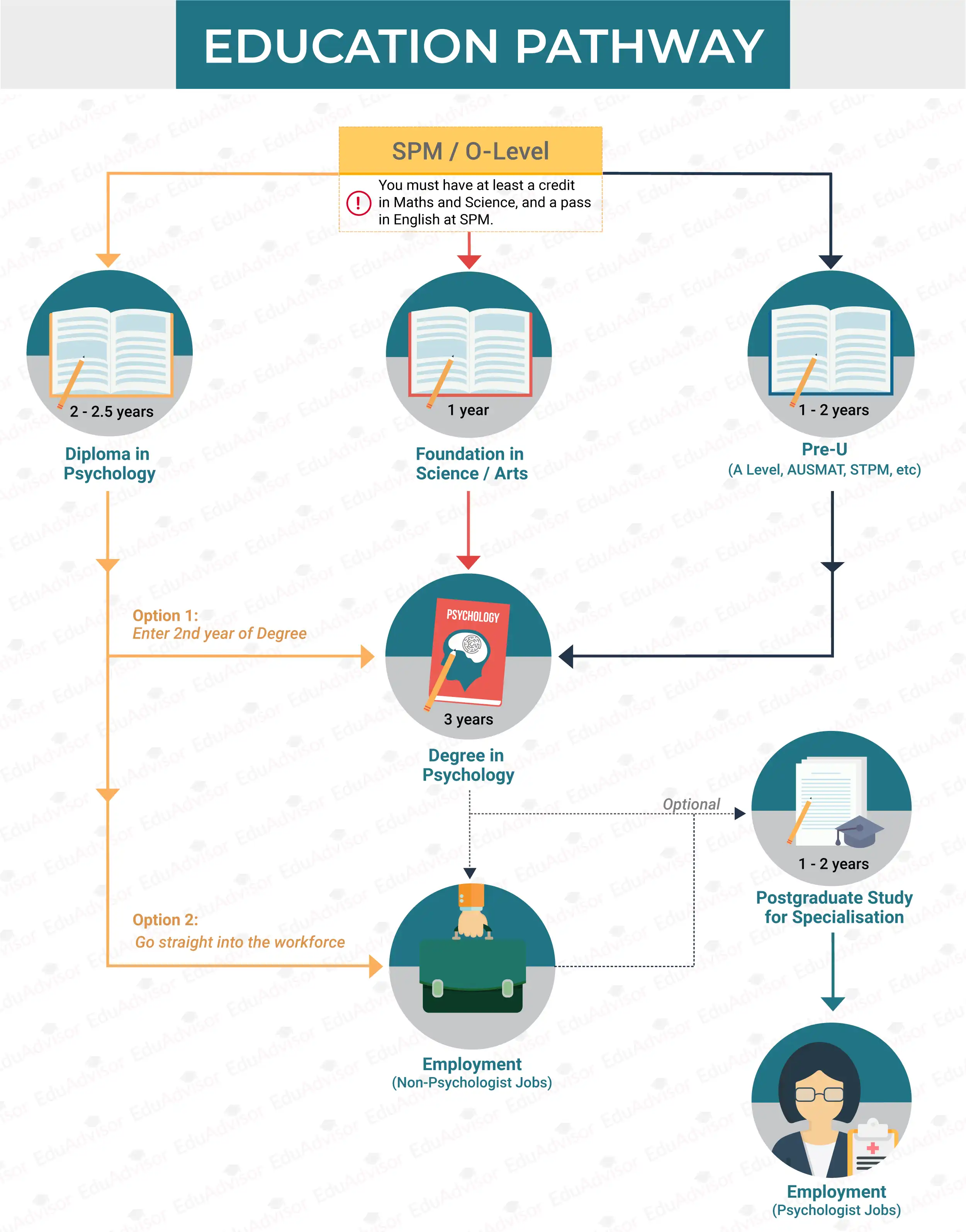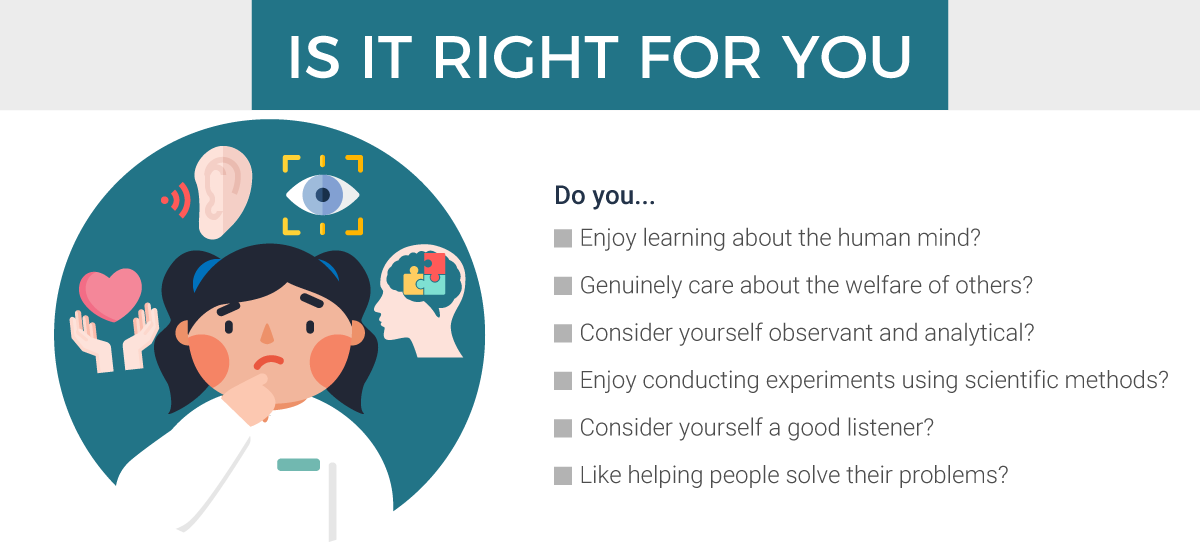The Complete Guide to Studying Psychology in Malaysia
Explore what jobs you can do with a psychology degree. See entry requirements, career options and top universities to study psychology in Malaysia here.

Has your fascination with the human mind led you to consider becoming a psychologist in Malaysia? Well, you’ve come to the right page.
If you’re interested to learn exciting psychology theories and discover how they can impact human behaviour, pursuing a psychology course in Malaysia could be the right choice for you.
This course guide will fill you in on everything you need to know about pursuing psychology in Malaysia, including what psychology is, how to become a psychologist and the best psychology universities in Malaysia.
Let’s begin!
#1. The Basics of Psychology
a) What is Psychology?
 Psychology is the scientific study of human behaviour and mental processes — specifically, understanding how people think, feel, act and interact with themselves and with others.
Psychology is the scientific study of human behaviour and mental processes — specifically, understanding how people think, feel, act and interact with themselves and with others.
While many think that psychologists only sit and listen to people’s problems, there’s more to psychology than meets the eye. A psychologist seeks to discover what makes people behave in certain ways and uses this understanding to solve problems. This can range from boosting productivity in the workplace (industrial/organisational psychology) to understanding consumer behaviour to convince them to buy goods and services (consumer psychology).
For example, the psychology of colour is often used to influence the perception of a product or brand. So, if a company is launching an eco-friendly product, using green for its packaging and branding campaigns will convey this message more effectively since green is linked with nature.
By undertaking a course in psychology, you will learn the fundamental principles of psychology and gain a comprehensive understanding of the human mind, helping you on your journey to becoming a qualified psychologist. You will also be taught various research methods such as lab experiments, field surveys and natural observations that are crucial in the field of psychology.

Monash University Malaysia
Bachelor of Psychology
✓Accredited by the Australian Psychology Accreditation Council (APAC)
b) Types of Psychology Courses and Branches
There are many branches of psychology, and each branch focuses on different aspects of human thought and behaviour. Here are some of the basic branches of psychology.
| Field | What It Is All About |
|---|---|
| Biological Psychology | The study of brain function at the neuron and neurotransmitter level, and how it can influence thoughts, behaviour and emotions. |
| Clinical Psychology | Relates to assessing and treating serious mental disorders and psychiatric problems (e.g. depression, eating disorders, schizophrenia). |
| Counselling Psychology | Focuses on solving a diverse range of everyday problems and disorders with less severe symptoms, such as marital conflict, career advice and coping with negative events. |
| Cognitive Psychology | Deals with the study of mental processes such as learning, memory, problem-solving, decision-making and perception. |
| Educational Psychology | Deals with the psychology of teaching and seeks to understand and improve how people learn in educational settings. |
| Forensic Psychology | The application of psychology in the field of criminal investigation and law. Applications include performing psychological assessments for criminals, evaluating a witness's credibility and criminal profiling. |
| Industrial and Organisational Psychology | Relates to improving productivity and efficiency in the workplace while maximising the physical and mental well-being of employees. |
| Social Psychology | Deals with how people's thoughts, feelings and behaviours are influenced by others, whether real, imagined or implied. |
#2. Studying Psychology
a) What are the subjects required to study psychology?
Here are the psychology subject requirements for SPM or equivalent:
- Mathematics
- Science
As for A-Level, STPM or equivalent, there are no required subjects. However, the following subjects are recommended:
- Mathematics
- A Science subject (e.g. Biology, Physics, Chemistry)
(i) Diploma in Psychology
These are the general entry requirements for a Diploma in Psychology:
- SPM (or equivalent): Minimum of 3Cs and a pass in Mathematics and Science.
(ii) Psychology Degree
To pursue a Degree in Psychology, you need to complete a pre-university programme and meet the entry requirements.
- A-Level: Minimum of 2Ds
- STPM: Minimum of 2Cs
- Foundation in Arts or Foundation in Science: Minimum CGPA of 2.00
- Diploma: Minimum CGPA of 2.00
In addition, you will also need a minimum of 3Cs in SPM including Mathematics and Science, and a pass in English.

b) What subjects will you study in a psychology course?
As part of your psychology studies, you will learn the fundamental principles of psychology and apply them to solve problems related to the human mind and behaviour.
Here are some of the subjects you will learn:
- Introduction to Psychology
- Research Methods in Psychology
- Statistics
- Biological Psychology
- Developmental Psychology
- Social Psychology
- Cognitive Psychology
- Personality, Motivation & Emotions
- Counselling Psychology
Most universities and colleges will also require you to complete supervised fieldwork in the form of industrial training or an internship. This is where you’ll gain real-world experiences working in NGOs, human resource departments or other corporate organisations.
c) How long does it take to study psychology?
A Diploma in Psychology will usually take 2 - 2.5 years to complete. A Psychology Degree, on the other hand, takes longer with a duration of 3 years.
However, in order to become a psychologist, you will need to obtain at least a master’s in a specialised field of psychology, such as clinical psychology, neuropsychology or forensic psychology. This will take approximately 1 - 2 years of full-time study or up to 3 years of part-time study.
c) How much does it cost to study psychology in Malaysia?
The estimated cost to pursue a Degree in Psychology is between RM35,000 - RM155,000.

Monash University Malaysia
Bachelor of Psychology
✓Accredited by the Australian Psychology Accreditation Council (APAC)
#3. How to Be a Psychologist in Malaysia
 How long does it take to become a psychologist? The road to becoming a qualified psychologist is not as simple as you may think. Read on to discover the qualifications you’ll need to become a psychologist and how long it will take.
How long does it take to become a psychologist? The road to becoming a qualified psychologist is not as simple as you may think. Read on to discover the qualifications you’ll need to become a psychologist and how long it will take.
Step 1: First, you’ll need to complete a pre-university (e.g. A-Level, STPM) or Foundation course after SPM. This will typically take 1 - 2 years depending on the selected programme.
Alternatively, you can also pursue a Diploma in Psychology which usually takes between 2 - 2.5 years. A diploma qualification will give you the option of either entering the workforce in relevant fields upon graduating or continuing with a Degree in Psychology, starting in Year 2.
Step 2: Subsequently, you can enrol in a Bachelor of Psychology in Malaysia, which usually requires another 3 years of study. Completing this degree will allow you to enter the workforce. However, you are not considered a psychologist.
Step 3: In order to become a qualified psychologist, you’ll need at least a master’s degree in a specialised field of psychology, such as clinical psychology, neuropsychology or counselling psychology. This will take around 1 - 2 years of full-time study.
In summary, it takes at least 5 - 6 years from SPM to become a qualified psychologist.

#4. Should You Study Psychology?

(a) Is psychology the right course for you?
If you’re wondering whether you should study psychology, here are some questions to think about:
- Do you enjoy learning about the human mind?
- Do you genuinely care about the welfare of others?
- Do you consider yourself observant and analytical?
- Do you enjoy conducting experiments using scientific methods?
- Are you a good listener?
- Do you like helping people solve their problems?
If you answered yes to most of these questions, studying a Degree in Psychology may be the right choice for you.
(b) Skills required to be a psychologist
What does it take to be a psychologist? Here are a few skills you’ll need to master:
- Active listening skills
- Good research skills and reading comprehension
- Good social perceptiveness to recognise why people react the way they do
- Critical thinking skills to solve complex problems
- Good communication skills with the ability to convey information effectively
- Patience to deal with people of varying personalities

Monash University Malaysia
Bachelor of Psychology
✓Accredited by the Australian Psychology Accreditation Council (APAC)
#5. Jobs You Can Get With a Psychology Degree
What are some psychology careers in Malaysia that you can pursue upon graduating? To work as a psychologist, you will need to obtain at least a master’s degree in a specialised field of psychology. After getting your postgraduate qualification in psychology, the following psychology job opportunities will be open to you:
- Clinical Psychologist
- Counselling Psychologist
- Industrial & Organisational Psychologist
- Sport & Exercise Psychologist
- Educational Psychologist
As a Psychology Degree holder, you do not necessarily have to pursue a career that is directly related to psychology. Here are some relevant jobs for psychology graduates in Malaysia.
- Business Development Executive
- Career Counsellor
- Human Resources Executive
- Market Research Analyst
- Advertising & Media Executive
- Special Education Therapist
- Social Work Assistant
#6. Best Psychology Universities in Malaysia
If psychology sounds like the right course for you, then check out some of the best psychology universities in Malaysia. Alternatively, compare more universities for psychology here.
Monash University Malaysia
Bandar Sunway, Selangor
Intake
Feb, Jul, Oct
Tuition Fees
RM129,600
Get RM100 Waiver + RM300 Rebate when you enrol through EduAdvisor! T&C apply.









